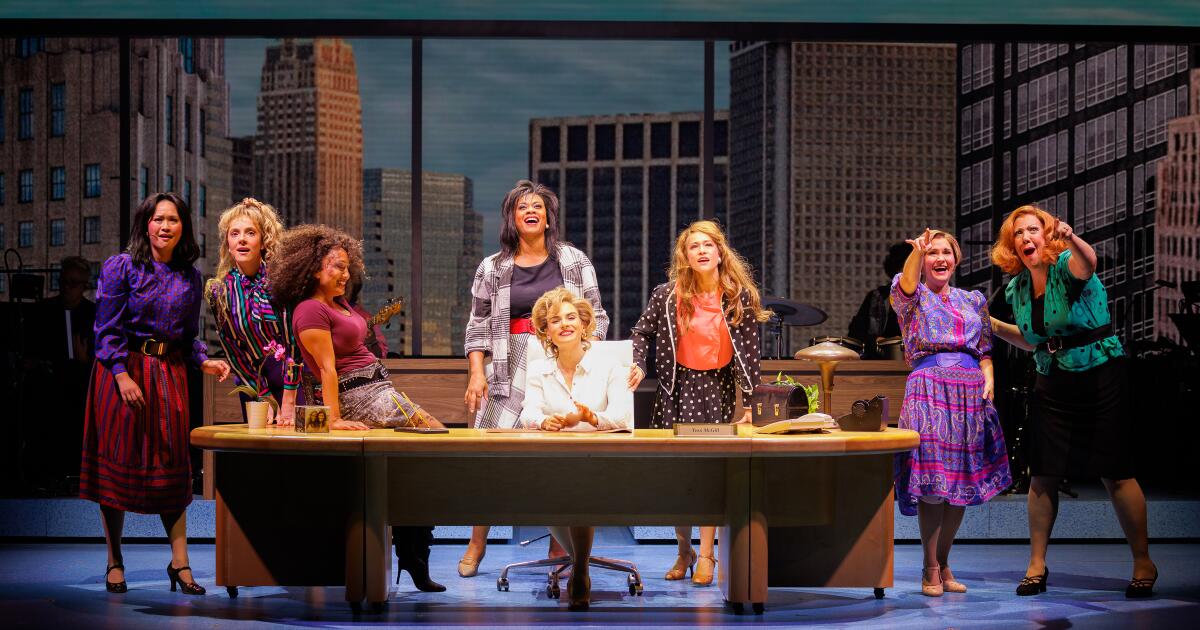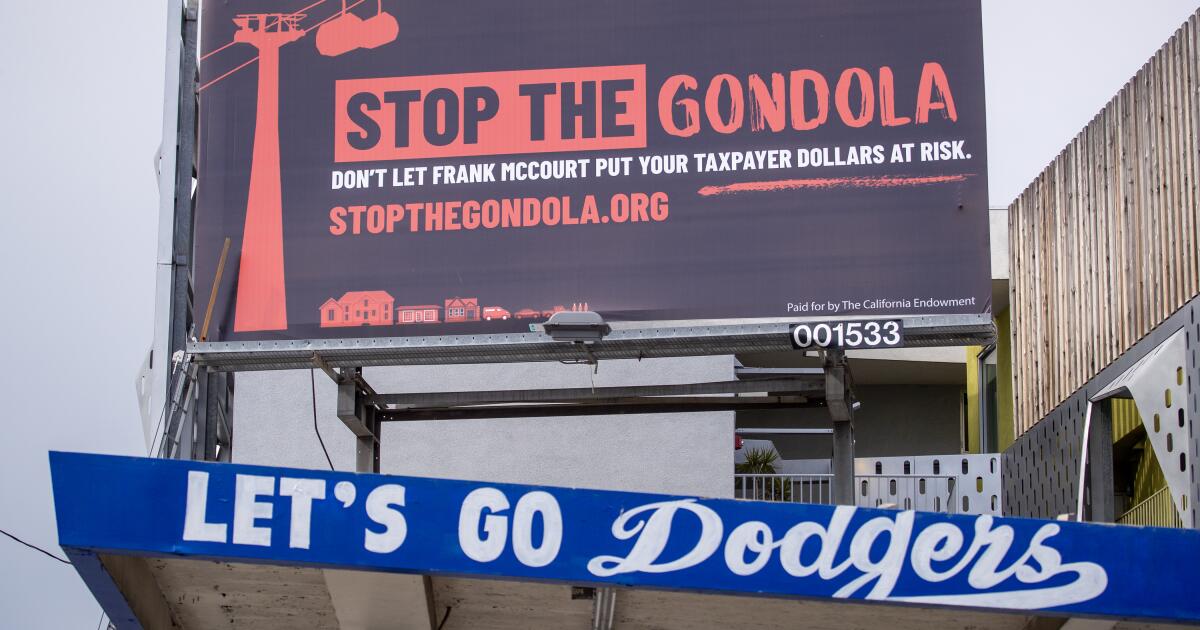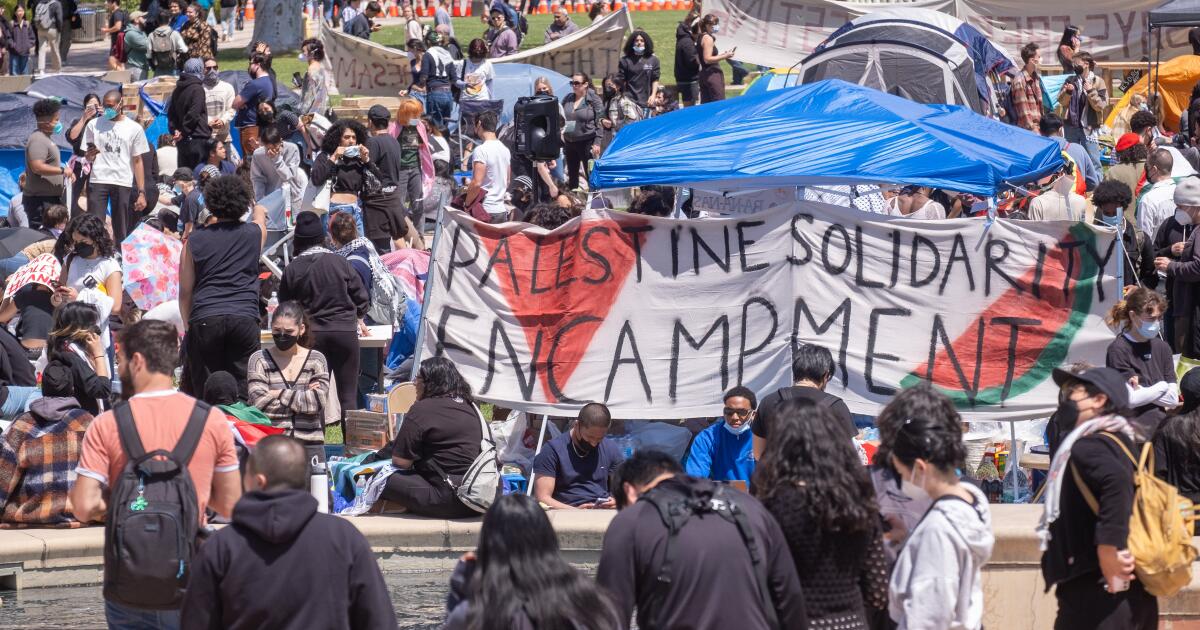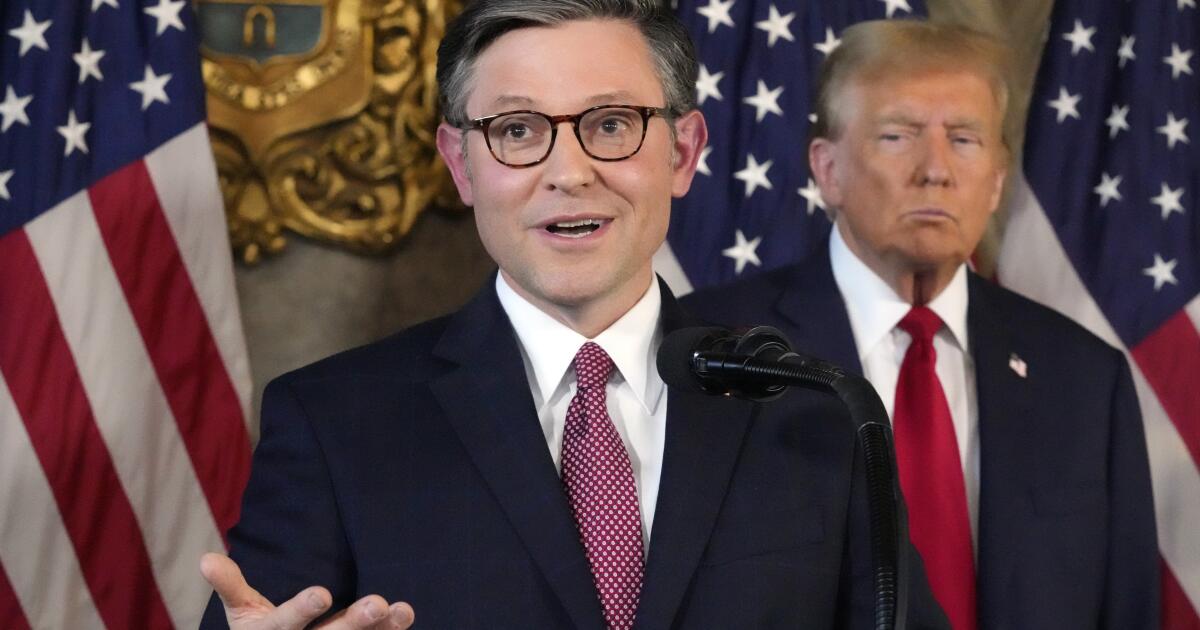For golfers, playing 18 holes offers approximately four hours of serenity, allowing them to exercise, socialize, test their skills and patience, and do it all on a pastoral expanse of green grass.
However, reserving a tee time for that round of golf at a public course managed by the city of Los Angeles is exactly the opposite. It's an infuriating pre-dawn online showdown with the city's booking site to snag reservations as soon as they're available online, only to find every morning slot on every coveted course already booked. Tee times at Rancho Park on the west side and the courses at Griffith Park go by in a flash.
It turns out this isn't just because golf is popular, and it is. (And it became more popular during the pandemic, when fields could remain open because it was a safe, socially distanced sport in which players used their own equipment.)
Tee times are posted at 6 a.m. nine days in advance for holders of annual player cards, which sell for $25. (Los Angeles County posts its course times at 9 a.m. nine days later ). But even when players sit religiously in front of their computers at 5:59 a.m. ready to click and reserve open second course times, they are routinely stuck with half-to-half times. Late afternoon tee times in which a golfer plays until dusk.
Many regular players have long suspected that there were runners hogging the tee times. Then, golf instructor and influencer Dave Fink revealed on his Instagram account the messaging app people used to communicate with a broker and screenshots of booking times for the sale. A Los Angeles Times article reported that brokers were collecting and selling tee time reservations for up to $40 each. This is in addition to the fee already charged per person at city courses, which ranges from $14 for 18 holes to $55 depending on time, day and other factors.
Now, city officials acknowledge that brokers are advertising tee times for resale.
“We realize the problem is much bigger than we thought,” said Rick Reinschmidt, director of city courses, adding that in the past officials have canceled player cards they saw for sale online and strengthened online security. “Now that we know it's a growing problem, we're going to have to take some additional steps.”
He has yet to offer any solutions, although he said they would announce some very soon.
We hope so. It's time for the city to find ways to fix this problem. Some may think golf is a waste of time and water, but people who book more than a million individual rounds of golf each year at the city's 12 courses (seven of which are 18-hole courses) see the sport differently and desperately want the fixed system. City and county run public courses are places where anyone can play golf for a modest fee and not have to pay high prices at private public courses or join a country club where initiation costs can run into six figures, if they can. Enters.
The county has also had some problems with brokering and has been working with other municipal courses, including the city of Los Angeles, to find solutions, said Kevin Regan, who oversees the county's 20 courses, which reserve an average of 1.2 millions of rounds of golf a year.
But, as Regan points out, you can't make the booking system so impenetrable to robots and runners that it inadvertently makes it impossible for real golfers to get a time.
Brokers and bots notwithstanding, it will always be difficult to reserve a desirable tee time at certain public courses as long as demand far exceeds capacity. This is not exclusive to golf courses. Popular campsites, for example, are also purchased as they become available. Last year, California State Parks decided to try a lottery system to award reservations for highly sought-after cabins at Mount Tamalpais State Park. The idea is to make the process more fair and equitable.
How about a lottery for reservations at Los Angeles public golf courses? Or post new booking times at random times instead of a fixed time each day? These are some of the ideas city officials should consider when designing a fairer system.
But they need to make some changes soon. These golf courses are a public asset and must be protected from schemes that allow some people to monopolize access. Golf on a municipal course is not an equitable experience for everyone if only some manage to access the best moments on that course.












